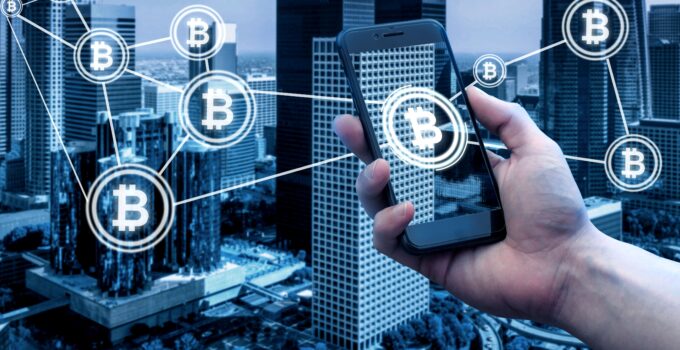It’s time to bid goodbye to the archaic strategies of real estate as the blockchain industry ushers in a new tech known as asset tokenization. The real estate industry is the latest sector to enjoy the brilliant innovations the virtual finance ecosystem offers.
This article comprehensively reviews asset tokenization, how it works, its importance, and how it could influence real estate in the coming years.
What is Tokenization?
Tokenization involves issuing digital security tokens on a blockchain protocol representing a portion or full ownership of a real-world asset, security shares, and equities. It allows more people to participate in asset ownership by making an asset more accessible and straightforward to trade.
Simply put, tokenization splits an asset into several digital tokens, each representing a small portion of the asset’s value.

Source: uelzpay.com
Real estate tokenization involves converting a piece of real estate into a virtual asset, splitting its rights and obligations into smaller units that can be purchased, sold, and traded on secondary markets and exchanges like other cryptocurrencies.
Real estate has historically been illiquid, requiring sizable capital investments and drawn-out transaction procedures. However, tokenization changes all. Buyers can now complete transactions using tokenized real estate in an immutable manner. Once you tokenize real estate, it works like every other cryptocurrency. Check out some of the best crypto wallets in the UK by Tezro.com.
Understanding Real Estate Tokenization

Source: gravel2gavel.com
“Tokenized Securities and Commercial Real Estate,” a 2019 study by the Massachusetts Institute of Technology’s Digital Currency Initiative, described tokenized real estate as a blockchain-embedded rendition of real-world assets.
Real estate tokenization makes it easier for people to own digital real estate, allowing people previously excluded due to a lack of resources to participate. It also resolves all problems about lack of transparency and trust.
The blockchain protocol allows sellers to trade fractions of their assets using smart contracts. Both parties must meet the predetermined contractual details to activate the algorithm encoded in the digital contract.
For example, a smart contract can execute a virtual land transfer without human involvement by verifying the set and creating a new block for the blockchain.
Smart contract developers often use ERC-721 tokens to split or fractionalize NFT assets. They link each token to a predetermined smart contract for record and security purposes. This way, everyone involved can trace the assets without compromising their safety.
Types of Real Estate to Tokenize
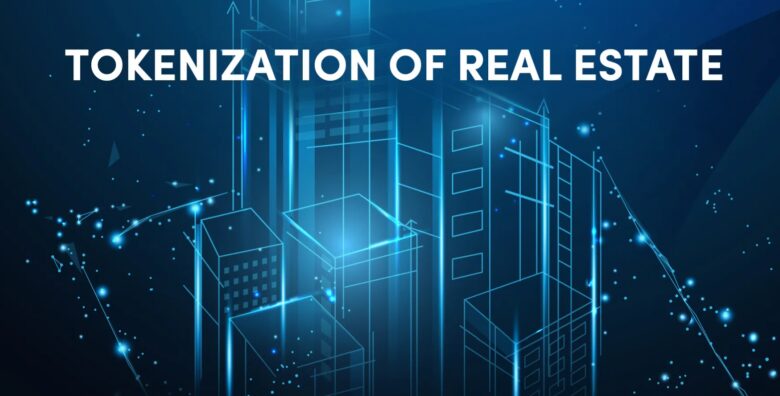
Source: clevver.io
You can tokenize all real estate types, whether commercial, residential or trophy property. Tokenization allows you to slice up pricey commercial properties like malls and shopping centers into fractional pieces to make investments more affordable.
Tokenized apartments in residential towers with multiple stories allow quick sales and purchases.
Furthermore, through tokenization, one could sell their trophy asset and raise money for projects simultaneously.
Trophy properties are scarce assets that are in high demand from investors. Symbolic structures with significant real estate foundations fall under the classification of trophy assets. It doesn’t have to be a structure; it could be a riverbank with priceless stones or a vineyard growing grapes of exceptional quality for making wines.
Real Estate Tokenization Process
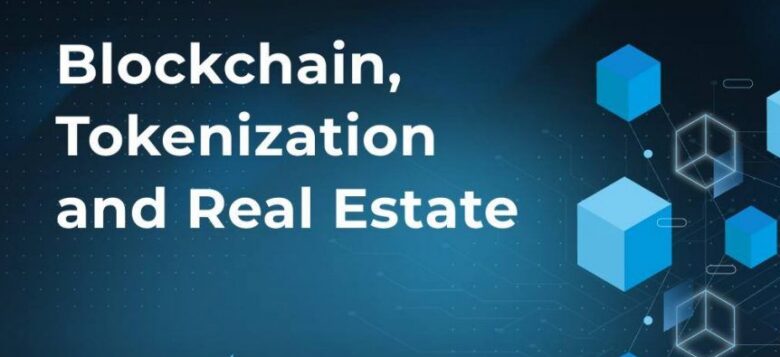
Source: hitbtc.com
If you are a real estate asset owner considering tokenizing your landholdings, first understand what the token you issue will stand for, whether it represents full or partial ownership, an interest in the debt, or equity interest.
It could also depict your right to partake in all revenues and profits generated by your property or any other reasonable variation you would like to enforce in the contract. Once you’re confident of the terms and conditions you’d want, you can proceed to convert your real-time assets to tokens.
1. Platform selection
Research the best platform for owners to tokenize their properties. Compare regulations and conditions across each platform before you select the most preferable.
2. Tokenize the asset
Select how many units you want the platform to issue and the vested interest. The platform creates the smart contract and deploys it on the blockchain.
3. Primary issuance
After deployment, you can issue fractions of the assets to interested investors.
4. Secondary issuance
Investors can buy, sell, and trade their rights and obligations to the tokenized property.
5. Legal and Regulatory Compliance
In the real estate tokenization process, adherence to legal and regulatory frameworks is of utmost importance. Property ownership and investment are governed by an array of laws and regulations, encompassing securities regulations and property rights. To navigate this complex terrain successfully, real estate asset owners should seek guidance from legal experts who specialize in both blockchain technology and real estate. These experts will ensure that the tokenization process aligns with all relevant laws and safeguards the interests of asset owners and investors alike. This crucial step not only mitigates legal risks but also promotes transparency and establishes a solid legal foundation for the tokenization process. For additional information, you can visit bsvblockchain.org.
Pros of Real Estate Tokenization
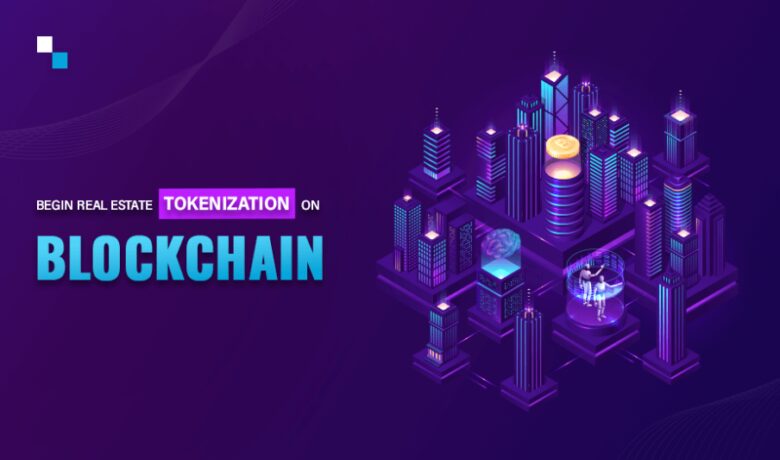
Source: antiersolutions.com
Here are the benefits of using blockchain technology to tokenize your real estate:
Better opportunities for small-scale investors
Investing in real estate is typically described as an elite option everywhere in the world. With tokenization and fractional real estate assets, Investors who don’t have deep pockets can participate in real estate investments without suffering from the exorbitant cost of the assets.
More liquid portfolios
Aside from enabling investors to diversify their estate holdings by putting money into various properties across continents, smart contracts generate more value by lowering transaction and administrative costs. Secondary trading of tokens can also increase liquidity.
Heightened transparency
The blockchain records each tokenized asset’s details and supporting documentation in a safe and secure ledger. It also permanently records and stores all transactions from the primary issuance to secondary trades on multiple blocks in the cryptographic chain.
Assured compliance
Smart contracts improve compliance for all traders involved in the transaction. There are no distortions or complications due to human interactions. Making security and compliance checks is easy regardless of how long the chain gets.
Cons and challenges of real estate tokenization
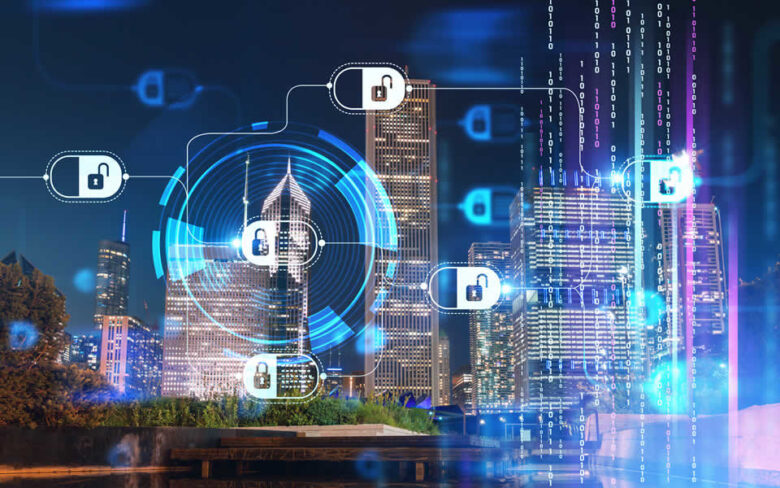
Source: marcumllp.com
Real estate tokenization could be better. A few issues still need to be resolved before investors and property owners can adopt them in masse. Here are the most popular disadvantages:
Unavailability of sufficient licensed platforms
It would take a long period of “trial and error” for tokenization to become fully functional. We still need many more licensed platforms to run and manage smart contracts effectively.
Added security
Although blockchain platforms are secure, some details regarding custody agreements and digital token security need improvements. If left like this, there are high risks of theft.
A Challenging Path to Mass Adoption
The idea of tokenization undoubtedly has the potential to be genuinely revolutionary for the real estate industry. But before it can perform at a level appropriate for the industry, it must pass some significant tests.
The majority’s continued need for more knowledge about security tokens and blockchain is a significant challenge. Another is the technology’s limited scalability. The real estate industry needs the concept to operate at a much larger scale to be fully optimized.
This will take a long time as the industry keeps developing.

